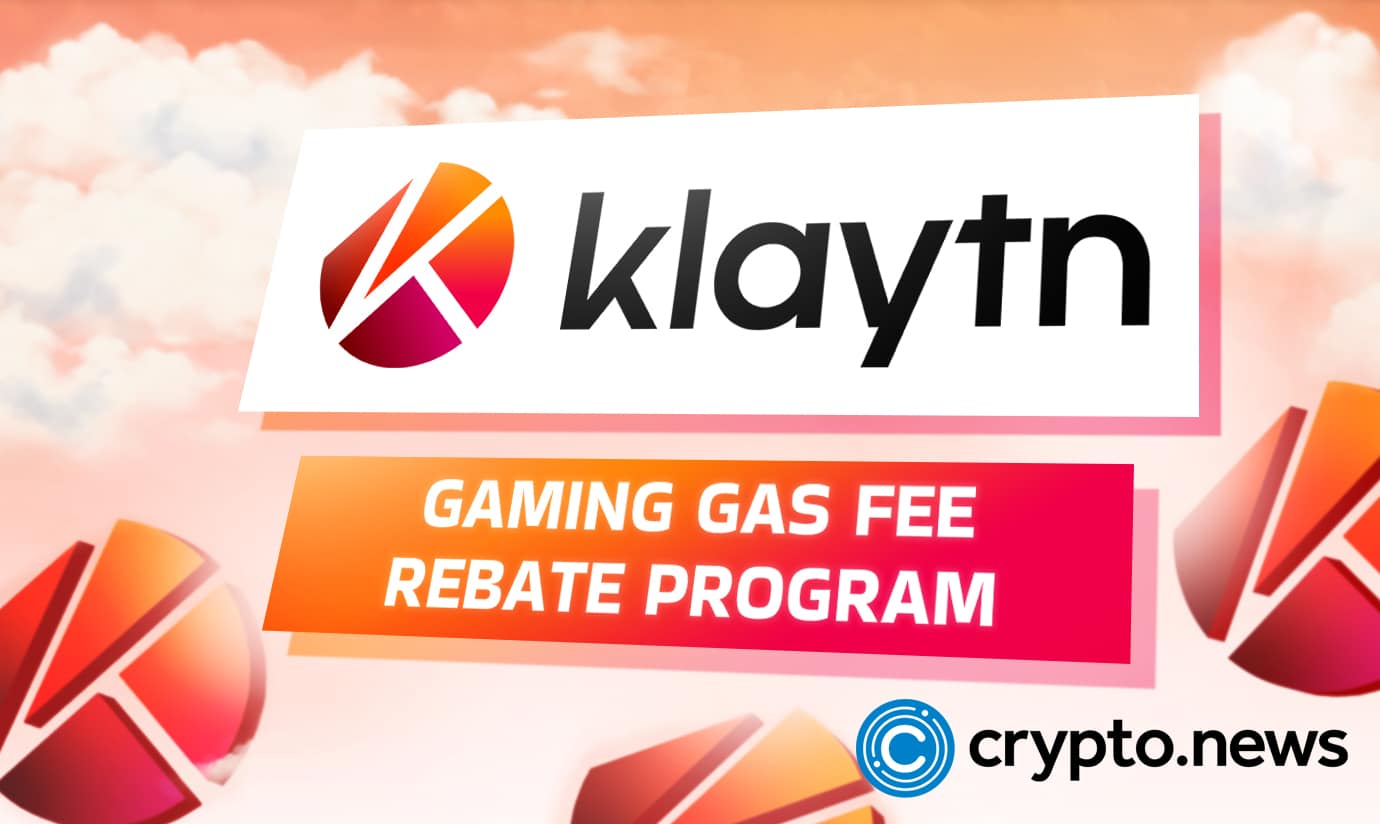2020-7-27 20:44 |
Banks in Italy are fast moving to integrate R3 Corda blockchain for standard reconciliation processes amongst themselves. Currently, close to 85% of Italian banks have integrated with Corda’s underlying infrastructure as part of the initiative to improve interbank reconciliation in the country. This move has seen the average double-checking time reduce from 30-50 days to just 24 hours, quite a milestone in time efficiency, not to mention other fundamentals such as trusted sharing and verification of the same on a blockchain.
Notably, Italy’s interbank reconciliation agreement came into effect back in 1978 to provide guidelines for transfers amongst local banks. It has been pretty much the same for around four decades until in 2019, when a data standardization clause was added with an integration window set between March and October this year.
Following this change, the Italian Banking Association Head of Innovation, Silvia Attanasio, noted that an improvement in the underlying infrastructure was inevitable, hence the shift to decentralized tech.
“The benefit is related to the new standardization more than the technology itself, It’s like the rhythm you set on your metronome that sets a [faster] timeline.”
It is quite noteworthy that the Corda based network has been designed by NTT Data and is run by SIA, a bank tech company. With 55 members so far, this project’s stakeholders are optimistic that the number will grow to above 80 as it prepares for a final phase in October.
The Value Proposition in DecentralizationBitcoin’s inception brought forth the concept of decentralization, an idea that has proven to be even more valuable in other ecosystems compared to payment networks. That said, experts in various industries, especially financial services, have taken the forefront in experimenting with the value proposition of blockchain tech. In Italy, for example, the banks had initially considered a centralized database, but it didn’t sail through since stakeholders wanted to ledgers at the very core.
Other than a fast and trustworthy clearance avenue, blockchain tech reduces risk exposure according to Silvia’s sentiments. This is because only banks are integrated into the Corda blockchain hence shielding clients from shortcomings that might have otherwise affected them directly,
“If we failed in this process, the worst thing that could happen was to have a problem in the information exchange between banks …. Clients are not affected, the companies are not affected. It was a natural sandbox.”
While the Corda project is still in its early stages, some Italian banks have already begun experimenting with KYC data integration such that they can seamlessly share information. Italy has also signaled an interest in participating in the pilot phase of the digital Euro.
origin »Bitcoin price in Telegram @btc_price_every_hour
High Performance Blockchain (HPB) на Currencies.ru
|
|


